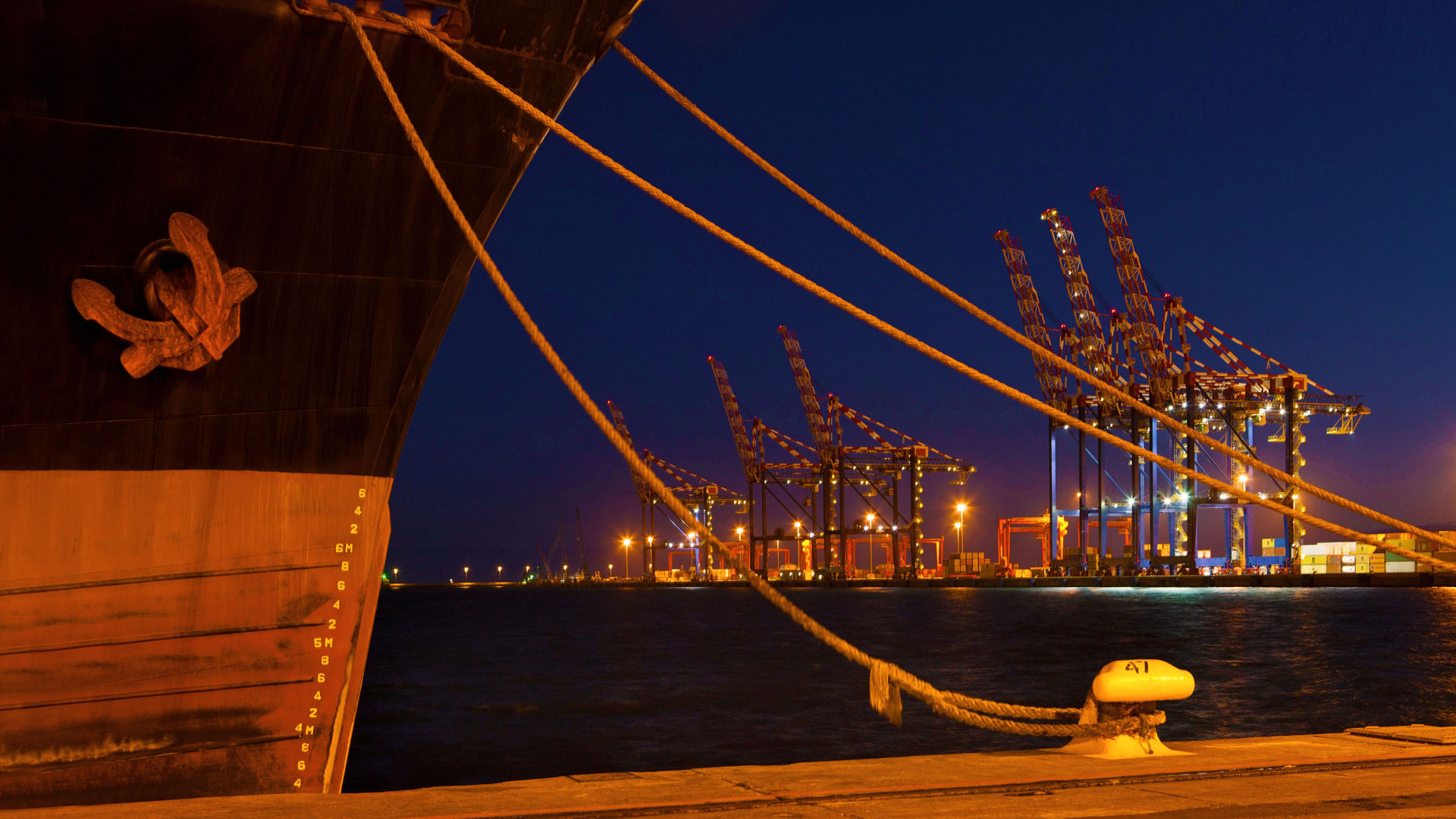The Role of Tunisia’s Incinerator in Tackling the Country’s Waste Crisis
Tunisia, like many developing countries, is facing a growing waste crisis. With its population of over 11 million people, the country produces an estimated 2.7 million tons of waste each year, a figure that is projected to continue rising. The increasing amount of waste has put a significant strain on Tunisia’s waste management infrastructure, leading to a range of environmental, social, and economic challenges.
In response to this crisis, Tunisia has invested in various waste management solutions, one of which is the construction of a state-of-the-art incinerator. The incinerator, located in the capital city of Tunis, has been hailed as a critical component of the country’s waste management strategy. This article will explore the role of Tunisia’s incinerator in tackling the country’s waste crisis, as well as its potential impact on the environment, public health, and the economy.
Role of the Incinerator
Tunisia’s incinerator plays a central role in the country’s waste management efforts. The incinerator is designed to burn solid waste at high temperatures, effectively reducing its volume by up to 90%. By doing so, it helps alleviate the burden on landfills, which are rapidly reaching capacity across the country.
In addition to reducing the volume of waste, the incinerator also generates electricity through the combustion process. This electricity is then sold to the national grid, providing a sustainable source of energy and contributing to the country’s efforts to reduce its reliance on fossil fuels. This dual-purpose approach not only helps manage waste but also provides a valuable energy resource for the country.
Furthermore, the incinerator is equipped with advanced pollution control technologies to minimize emissions of harmful pollutants. This includes the installation of scrubbers, filters, and other air quality control equipment to ensure that the incineration process does not harm the environment or public health.
Impact on the Environment
The incinerator has the potential to significantly reduce the environmental impact of Tunisia’s waste crisis. By diverting a large portion of solid waste from landfills, it helps mitigate the risk of soil and water contamination, as well as the emission of greenhouse gases from decomposing organic waste.
Moreover, the incinerator’s energy recovery feature reduces the demand for traditional sources of electricity, such as coal and natural gas. This helps lower greenhouse gas emissions, mitigating the effects of climate change and contributing to Tunisia’s commitments to international climate agreements.
The implementation of state-of-the-art pollution control technologies ensures that the incinerator’s operations do not compromise air quality. This is crucial in protecting the health of nearby communities and preserving the natural environment.
Impact on Public Health
The incinerator’s role in managing solid waste also has positive implications for public health. By reducing the amount of waste sent to landfills, it mitigates the risk of disease outbreaks and pollution caused by improper waste disposal.
Improvements in air quality resulting from the incinerator’s pollution control mechanisms also contribute to public health benefits. Reduced emissions of particulate matter, volatile organic compounds, and other pollutants help alleviate respiratory and cardiovascular issues, particularly in communities near waste disposal sites.
Economic Benefits
In addition to its environmental and public health benefits, the incinerator offers significant economic advantages for Tunisia. The electricity generated from the incineration process provides a sustainable revenue stream for the government, which can be reinvested into further waste management initiatives or other public services and infrastructure.
Moreover, the reduced reliance on traditional sources of electricity contributes to energy security and resilience, especially in a region prone to energy shortages and price fluctuations. This is particularly important for Tunisia’s economic development, as it fosters a more stable and secure energy supply for businesses and households.
FAQs
1. How does the incinerator ensure that it does not harm the environment?
The incinerator is equipped with advanced pollution control technologies, such as scrubbers and filters, to minimize the emissions of harmful pollutants. These technologies ensure that the incineration process does not compromise air quality or harm the environment.
2. What impact does the incinerator have on public health?
The incinerator’s role in managing solid waste reduces the risk of disease outbreaks and pollution caused by improper waste disposal. Furthermore, improvements in air quality resulting from the incinerator’s pollution control mechanisms contribute to public health benefits by reducing respiratory and cardiovascular issues.
3. What economic benefits does the incinerator offer?
The electricity generated from the incineration process provides a sustainable revenue stream for the government, which can be reinvested into further waste management initiatives or other public services and infrastructure. Additionally, the reduced reliance on traditional sources of electricity contributes to energy security and resilience, fostering a more stable and secure energy supply for businesses and households.
4. Is there opposition to the incinerator from environmental groups?
While there has been some opposition from environmental groups concerned about the potential impact of the incinerator on air quality, public health, and the environment, the government has taken steps to address these concerns by implementing advanced pollution control technologies and conducting rigorous environmental impact assessments.
In conclusion, Tunisia’s incinerator plays a critical role in the country’s waste management efforts by reducing the volume of solid waste, generating electricity, and minimizing the environmental and public health impacts of the waste crisis. These benefits, combined with the economic advantages of energy production and revenue generation, position the incinerator as a significant asset in Tunisia’s ongoing efforts to address its waste management challenges.
The Role of Tunisia’s Incinerator in Tackling the Country’s Waste Crisis




